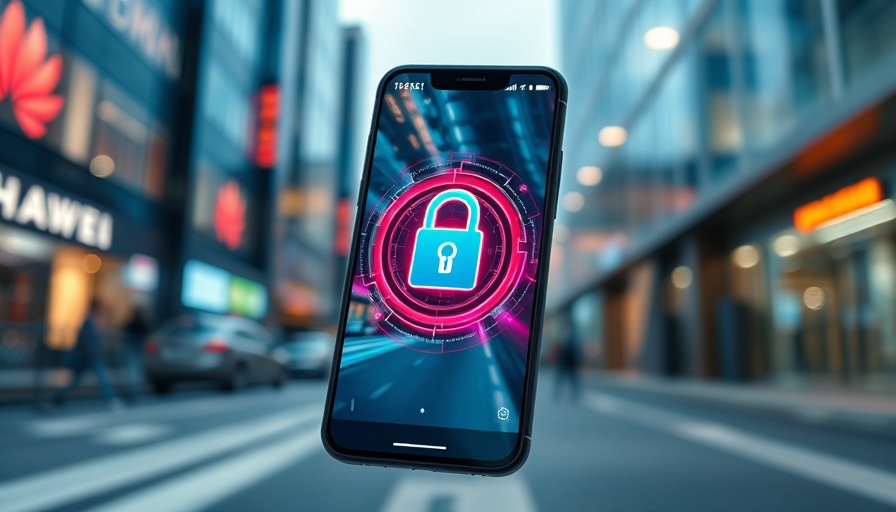
Maduro's Bold Claims: Can Huawei Phones Really Defy U.S. Hackers?
At a recent press conference, Venezuelan President Nicolás Maduro exuberantly showcased a Huawei smartphone, gifted by Chinese President Xi Jinping. He boldly proclaimed, "The Americans can’t hack it, neither their spy planes, nor their satellites." Such a statement raises eyebrows not only in tech circles but also among international security experts.
Understanding Huawei's Vulnerabilities and Maduro's Misconceptions
Indeed, while it is easy to admire the design and functionality of the Mate X6—a foldable smartphone released by Huawei in 2024—the notion that it's immune to U.S. hacking efforts is perplexing. Security researchers consistently underscore that "nothing is impossible to hack." For instance, a U.S.-based vulnerability expert recently observed that Huawei's in-house mobile operating system, HarmonyOS, is more prone to security flaws than established competitors like iOS and Android. The researcher expressed concerns, stating, "There’s bound to be many more mistakes in their brand-new code than in iOS and Android at this time." Given that Huawei is known to patch their operating system monthly, one must question the integrity of software that is frequently updated yet can still be susceptible to vulnerabilities.
How Global Escalations Affect Tech Security
The geopolitical tension between the U.S. and China has heightened scrutiny over technology designed by China, especially as Huawei has faced allegations of espionage in the past. In fact, a significant piece of evidence came to light in 2014 when documents leaked by Edward Snowden detailed how U.S. intelligence agencies had infiltrated Huawei’s systems and inserted surveillance backdoors.
This mishap underscores the ongoing tug-of-war between nations over technological supremacy and data security. It’s a perfect example of how state-sponsored espionage has evolved into a multifaceted arena where software security is continually undermined by geopolitical agendas.
Huawei's Track Record: Successes and Pitfalls
Huawei, as a leading global telecommunication and technology provider, has had its fair share of successes, yet it also faces significant challenges due to ongoing allegations of improper conduct. Even as Huawei highlights their commitment to security—evidenced by their monthly updates fixing bugs (like the 60 vulnerabilities patched last month)—the persistent fears related to malware exposure loom large.
Additionally, the company acknowledges that malware can infiltrate its devices, advising users through a dedicated support page aimed at those affected by hacking. This is a reminder that no system is beyond manipulation, regardless of national origin.
Future Security Trends: What Lies Ahead?
As we look forward, the discussion about the security of devices like Huawei's Mate X6 is likely to intensify. Technology enthusiasts and consumers alike should remain vigilant and informed about the development trends in mobile tech and the associated risks. Understanding the landscape of tech security not only involves recognizing the potential vulnerabilities but also acknowledging the geopolitical dynamics that shape these technologies.
Will devices like Huawei's remain a viable option in a world where tech and security intertwine so closely with national emotions and policies? Producing hardware crafted under intense scrutiny might open the doors to innovation, but it also begs further questions about the ethical use of technology.
Conclusion: Stay Informed in a Rapidly Changing Tech World
The dialogue surrounding Huawei devices reflects broader themes in our technology-driven society. As buyers, consumers must stay informed not only about the latest mobile tech news and trends but also about the potential risks involved. This balancing act of making informed decisions amid sensational claims and geopolitical rivalries will define our engagement with technologies in the years to come. Be sure to monitor tech news sources daily to keep abreast of developments that matter to you.
 Add Row
Add Row  Add
Add 



Write A Comment